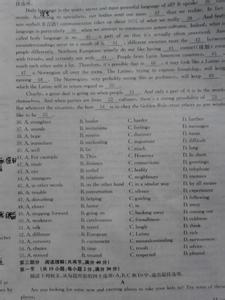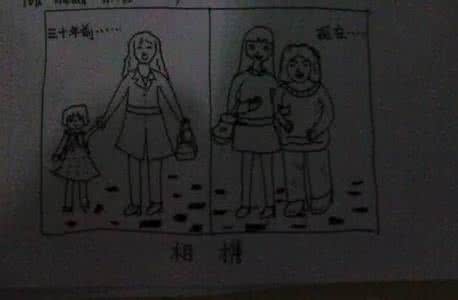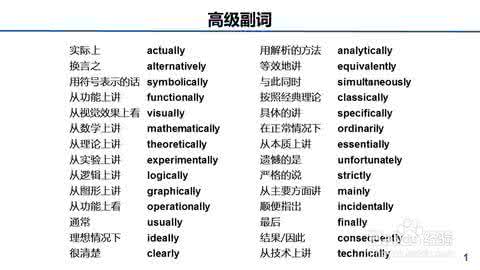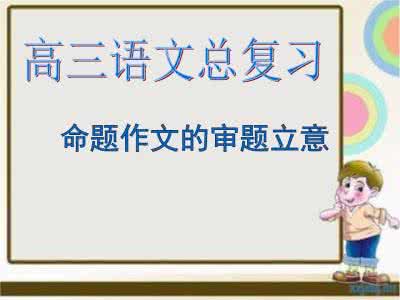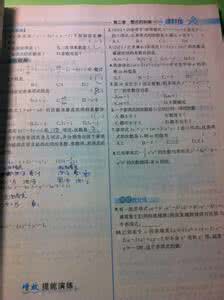<?xml:namespace prefix = o ns = "urn:schemas-microsoft-com:office:office" />
这个句子有两个译法,哪个是正确的?
It is a wise father that knows his own child.
[A] 只有聪明的父亲才完全了解自己的孩子
[B] 无论怎样聪明的父亲,也不会完全了解自己的孩子。
【答案】 B
It is a + 形容词 + 名词 + that …… 是一种特殊句式,结构中的that 引导是定语从句,
作从句的主语。这一结构用于表示含蓄否定,常见用于习语谚语。意思是“无论怎样……也
不会……”。
A 的译法是把句子看成 it is ……that ……的强调句型。因此遇到这一结构时翻译要特别小
心,不要误译。
例句:
1)It is an ill bird that fouls his own nest.
再坏的鸟也不会弄脏自己的窠巢。
2)It is a blod mouse that nestles in the cat's ear.
再大胆的老鼠,也不敢躺在猫的耳朵里。
3)It is a silly fish that is caught twice.
再蠢的鱼也不会上钩两次。
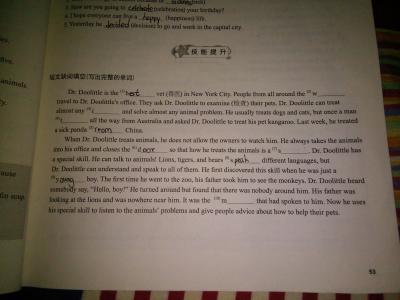
4)It is a good divine that follows his own instructions.
那怕最好的神甫,也常常不遵守自己的教导。 (能说者未比能行。)
5)It is good doctor that follows his own advice.
再好的医生也不见得按照自己的医嘱做。
● 如果 that 从句是否定句,则是双重否定(含蓄否定 + 否定从句),意义上就
是肯定。
1)It is a long lane that has no turning.
胡同不管有多长,总是要转弯的。(天无绝人之路。)
2)It is a skilful workman that never blunders.
无论怎样的能工巧匠也会有失手的时候。
3)It is a good horse that never stumbles.
再好的马也有失前蹄的时候。 (金无足赤,人无完人。)
4)It is a small flock that has not a black sheep.
任何集体都难免有害群之马。
5)It is a poor spirit that cannot rejoice in another’s good fortune.
没有思想境界低下的人会为别人的幸运感到高兴。
 爱华网
爱华网